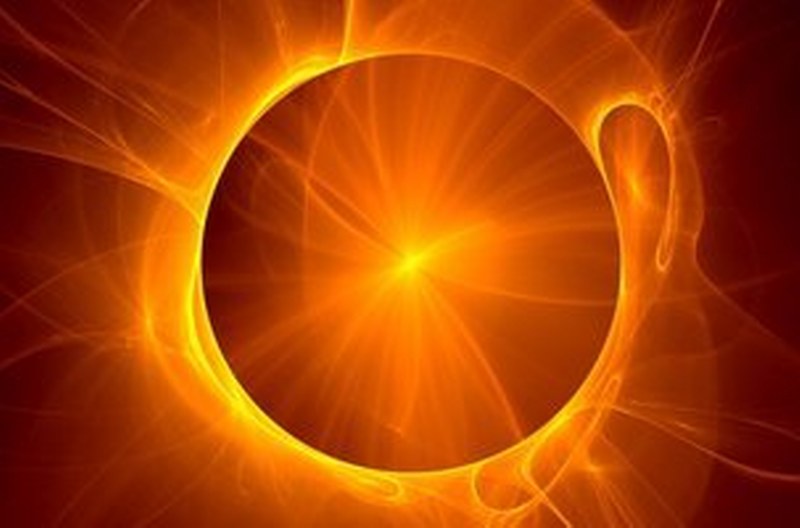 Solar eclipse
Solar eclipse North America to experience a rare celestial phenomenon of total solar eclipse in 7 years
Toronto/IBNS: North America is all set to experience a rare celestial phenomenon of a total solar eclipse for the first time in seven years.
This is a phenomenon in which the moon passes directly in front of the sun, blocking out its light and turning day, for a few minutes, into night.
During this event, parts of the earth would be plunged into total darkness when the moon slides in front of the sun.
Beginning in the southern Pacific Ocean. The solar eclipse would be first seen by the people in southern Mexico from shore around 11 a.m. ET. , as long as the clouds hold off.
Moving up into the United States, starting in Texas the darkness would then continue northeast before coming to an end off the coast of Newfoundland just after 5:15 p.m. ET.
In Canada, the stretch where the moon will block the sunlight entirely would include parts of Ontario, Quebec, New Brunswick, Nova Scotia, P.E.I. and Newfoundland. People outside the path of totality will see a partial solar eclipse, with just some of the sun obscured by the moon.
A chance of viewing the solar eclipse in Toronto Monday could be hampered by cloud cover.
Nevertheless, if weather permits, skywatchers could still be able to catch a glimpse of the rare celestial event.
Toronto's Golden Horseshoe area could be hit by the clouds and isolated showers from sunrise to late afternoon owing to a low-pressure system, the centre of which is moving from the upper Midwest in the United States to northwestern Ontario.
However, Meteorologist Bill Coulter was reported saying that the forecasting models predict there is a chance there will be a few clear breaks by mid-afternoon – right when the solar eclipse is set to take place.
“In other words, we could get lucky. But, anticipate mainly cloudy skies at eclipse time for Toronto and Niagara. I’m keeping my fingers crossed,” Coulter said.
Astronomers have said that even if it is cloudy, one should still be able to experience some of the effects of the eclipse as long as you are in a location along the so-called path of totality, like Niagara Falls including the gradual reduction of daylight and change in temperature,
But in Toronto, not being in the path, these effects will be less pronounced even without clouds.
In Toronto the eclipse is set to peak at 3:19 p.m, but some astronomers have said people in Toronto may not even notice anything is happening when the event takes place.
In Niagara Falls, being listed as one of the best places in Ontario to see the moon cross in front of the sun, the eclipse starts at 2:04 p.m., peaks at 3:20 p.m. and ends at 4:31 p.m.
(Reporting by Asha Bajaj)
Support Our Journalism
We cannot do without you.. your contribution supports unbiased journalism
IBNS is not driven by any ism- not wokeism, not racism, not skewed secularism, not hyper right-wing or left liberal ideals, nor by any hardline religious beliefs or hyper nationalism. We want to serve you good old objective news, as they are. We do not judge or preach. We let people decide for themselves. We only try to present factual and well-sourced news.







